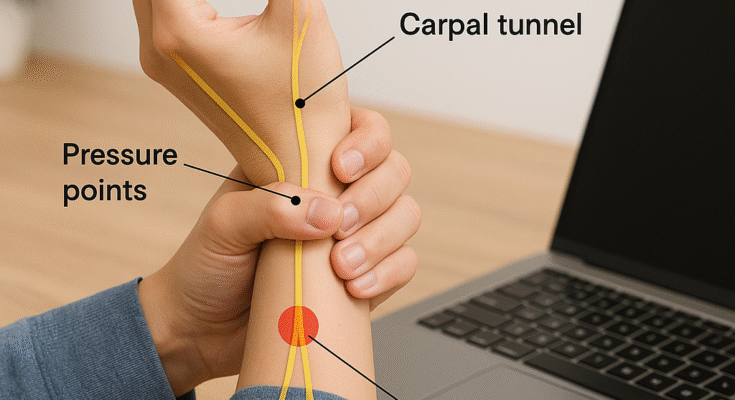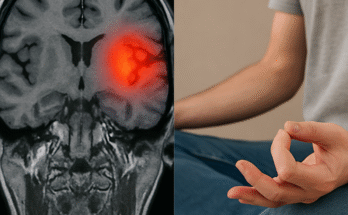Why Do Your Hands Go Numb? Exploring Causes and When to Seek Help
Have you ever experienced that unsettling pins-and-needles sensation in your hands—like tiny electric shocks or a temporary “disconnect” from your fingers? Hand numbness, medically known as paresthesia, isn’t just annoying; it can sometimes signal underlying health issues. Let’s dive into the fascinating (and sometimes surprising) reasons behind numb hands, along with tips for staying proactive about your health.
Understanding Hand Numbness
Hand numbness occurs when nerves in your arm, wrist, or fingers are irritated, compressed, or damaged. This can lead to a loss of sensation, weakness, or tingling. While it might affect just one nerve or hand, it can also strike symmetrically. But what’s really causing this? Let’s unravel the mystery.
Common Culprits Behind Numb Hands
-
Carpal Tunnel Syndrome
A classic offender! This occurs when the median nerve in your wrist gets squeezed, often due to repetitive motions (hello, keyboard warriors!). Symptoms include numbness in the thumb, index, and middle fingers. -
Diabetes & Peripheral Neuropathy
High blood sugar can damage nerves over time, leading to numbness in hands and feet. It’s like faulty wiring—your nerves struggle to send signals properly. -
Cervical Spondylosis
Aging isn’t always graceful. Wear-and-tear on neck vertebrae can pinch nerves, causing numbness in your arms or hands. Over 85% of people over 60 experience this! -
Raynaud’s Disease
Cold hands? Literally! This condition narrows blood vessels in fingers, cutting off circulation. The result? Numb, icy fingers—especially in chilly weather or stress. -
Vitamin B-12 Deficiency
Skimping on B-12-rich foods (like eggs or fish) can lead to nerve damage. Your body’s cry for nutrients might just sound like tingling hands.
Unexpected Triggers You Should Know
-
Ganglion Cysts: These harmless, jelly-filled lumps near joints can press on nerves.
-
Lyme Disease: A tick bite might bring fever, fatigue, and—yes—numb hands.
-
Autoimmune Disorders: Conditions like Sjogren’s syndrome or multiple sclerosis can trick your immune system into attacking nerves.
-
Chemotherapy Side Effects: Some cancer treatments damage peripheral nerves.
When to Sound the Alarm
While occasional numbness from sleeping on your arm is harmless, sudden numbness paired with slurred speech, dizziness, or paralysis could signal a stroke—seek immediate help. Likewise, persistent numbness spreading to other body parts warrants a doctor’s visit.
Prevention & Proactive Care
-
Ergonomics Matter: Adjust your workspace to avoid wrist strain.
-
Stay Active: Exercise boosts circulation and nerve health.
-
Manage Chronic Conditions: Keep diabetes or autoimmune disorders in check.
-
Nutrition: Load up on B vitamins and omega-3s to nourish nerves.
Listen to Your Body
Your hands are messengers. Whether it’s a pinched nerve or a systemic issue, don’t ignore persistent numbness. Early intervention can prevent complications—so let your healthcare provider decode the signals.





